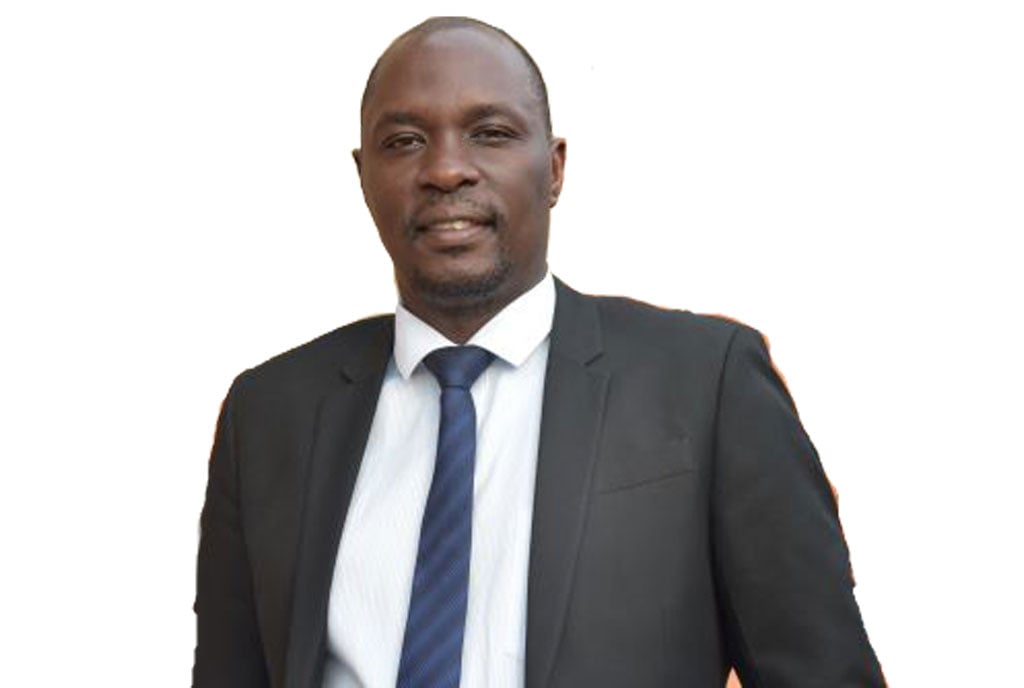Prime
Re-think university curriculum to leverage the transition from theory to practice

What you need to know:
- We have seen so many publications with distinct problem statements and likely interventions, but little has been done to translate this knowledge into practice. Dissertations and theses often lie idle in libraries.
Very recently, the Ugandan education system has witnessed curriculum reviews at Primary and Secondary education levels intended to cut back what has been termed obsolete content and produce age-appropriate skills in a learner-centered manner. How have these reforms influenced the university curriculum?
Having recently graduated from university education, our reflection is motivated by what we have observed as the persistence of social problems in Uganda despite the existence of diverse theoretical innovations by most researchers and academics as responses to these social challenges.
The academy seems to be trapped in methods of teaching and knowledge production that are highly theoretical, at times characterized by repetitive review of existing literature, most of it from developed countries of the West. This not only limits learners’ creativity but also detaches them from their communities’ social challenges.
As young scholars, we have often encountered the challenge of exclusively theoretical-centered instruction in universities to create knowledge and problem-solving, where students and scholars are often ‘encouraged’ to respond to persistent social problems based on existing academic literature.
We have seen so many publications with distinct problem statements and likely interventions, but little has been done to translate this knowledge into practice. Dissertations and theses often lie idle in libraries.
We have also seen the rise of Artificial Intelligence (AI) where a student can put a given lecture-room question into the AI and have the essay generated in a matter of minutes. AI heroics happening in an institution with limited IT infrastructure to detect plagiarism and fraud can be detrimental. Yet, as young critical thinkers who have also participated in active research, we have found experiential learning (beyond the lecture-room) not only enrichingly appropriate but also a powerful pedagogical practice.
We feel that students in Universities, especially those from Humanities disciplines are rarely given opportunities to self-create ideas that perhaps respond to the existing problems.
In most cases, instructors are lecture-room centered, often strict on referencing and citations of secondary literature, which is in most cases alien to learners and their social environments.
Undoubtedly, academic writing is significant for development, but the manner of producing this knowledge and the kind of knowledge/innovations we produce and for whom matters. Most academic writings tend to focus on the elites who are well-read as the target audience for example, students in lecture theatres, practitioners in conferences, and fellow academicians.
This makes the knowledge created to become limited in responding to existing social problems. The question is, in a country like Uganda where there are high illiteracy rates, how will an ordinary Ugandan benefit from the big volumes of documents, most of which are full of past literature that lacks the element of context, originality, and creativity?
As products of this University pedagogy who have also interacted with the realities of our communities in the post-university times, we strongly believe re-thinking University curriculum towards creative thinking, learning from community experiences, as well as action-oriented writing as a way of solving social problems is timely.
Every student has a social environment they come from and we believe that they are best suited to understand the language of their communities. De-centering lecture-based learning to such communities can empower learners to produce specific interventions for existing social problems.
Beyond technological advancement of ‘Artificial Intelligence,’ helping students in literature review essays to earn better grades; we need more personal skills and context specific problem-solving interventions.
Moving beyond the lecture room, learning from and with the communities, encouraging students-based mini-research projects, and engaging in a more participatory approach rather than the academically deterministic and perhaps hierarchical process of knowledge creation for problem-solving have the potential to re-think the current lecture room pedagogy in universities.
Conclusively, research institutions and academic tutors ought to provide opportunities to students who are future change-makers to explore possibilities of new knowledge creation rather than inclining them to consistent and monotonous reviews of literature in academic assignments like coursework.
This is because the persistent insistence on reproduction of secondary solutions in existing literature creates an element of redundancy in creative thinking and hence, in the long run, impedes the socio-economic transformation that we seek to achieve as a country.
Co-authored by Elizabeth Atuheire, social development researcher and Aklam Amanya, Master of Arts in Gender Studies student, Makerere University.



